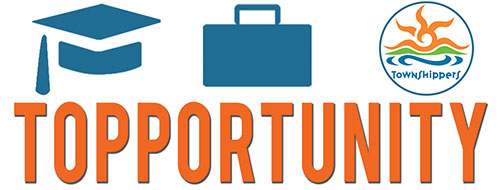The number of individuals returning to college has increased significantly in recent years. This trend reflects a rising acknowledgment of lifelong learning as essential for personal and professional development. Adults are increasingly looking to improve their skills, change occupations, or achieve unfulfilled educational goals. While this path has many advantages, including enhanced professional possibilities and personal fulfillment, it also presents distinct hurdles. Balancing existing duties and adjusting to a new academic environment are among the key challenges that adult learners confront as they embark on this transformative educational journey.
Reasons and goals for returning to school
Transitioning back to school as an adult begins with a clear assessment of your motivations and objectives. Understanding your motives, whether they be for career progress, personal improvement, or unfinished academic business, will help you choose a course that corresponds with your goals. It is critical to conduct research and select the appropriate program and school, taking into account criteria such as program flexibility, accreditation, and campus resources. Furthermore, financial planning must be disregarded. Exploring funding possibilities, such as scholarships, grants, and loans, is critical to determining whether returning to school is a financially viable decision.
Managing your time between work, family, and studies
Balancing work, family, and education is a juggling act for adult students. This balance relies heavily on effective time management. Creating a defined timetable and prioritizing tasks will help you manage these competing demands more efficiently. Tools such as digital planners and apps can be quite useful for organizing work and deadlines. For academic obstacles, you should become acquainted with websites such as https://ca.papersowl.com, which provide important aid to students with urgent tasks. This emotional and academic support network is critical to adult learners' successful educational journey.
Adjusting to academic life
Adult learners must now navigate the complex balance of work, family, and studies before they can fully integrate into the academic world. Adapting to academic life as an adult student entails using new educational tools and approaches. Familiarity with technology and digital learning platforms is essential in today's academic climate. Additionally, updating academic abilities such as writing and research may be required, and tutoring can be extremely beneficial in this area.
Engaging with the campus community
After adjusting to the academic aspects of college life, adult learners should immerse themselves in the larger campus community, which provides various chances for personal and professional development. Engaging with the campus community is an important part of the college experience for adult students. Active participation in student activities and groups can enhance your school experience by giving possibilities for networking and personal development.
Career planning and development
Moving beyond campus involvement, adult learners should focus on merging their academic successes with long-term employment goals, which is a critical step in maximizing the value of their educational experience. Career planning and development are critical at this point. Aligning educational objectives with career goals ensures that your academic efforts are carefully focused on your professional goals. Utilizing your institution's career services can provide essential counsel and access to internship opportunities, which can help you obtain practical experience and improve your résumé.
Bottom Line
Returning to school as an adult provides significant personal and professional benefits, demonstrating the perseverance and devotion required. For individuals considering this road, the trip is both tough and rewarding, with several opportunities for growth and transformation. This experience serves as an inspiration and a beacon of hope for prospective adult students, demonstrating that education is a lifelong endeavor that is accessible at any stage of life.


